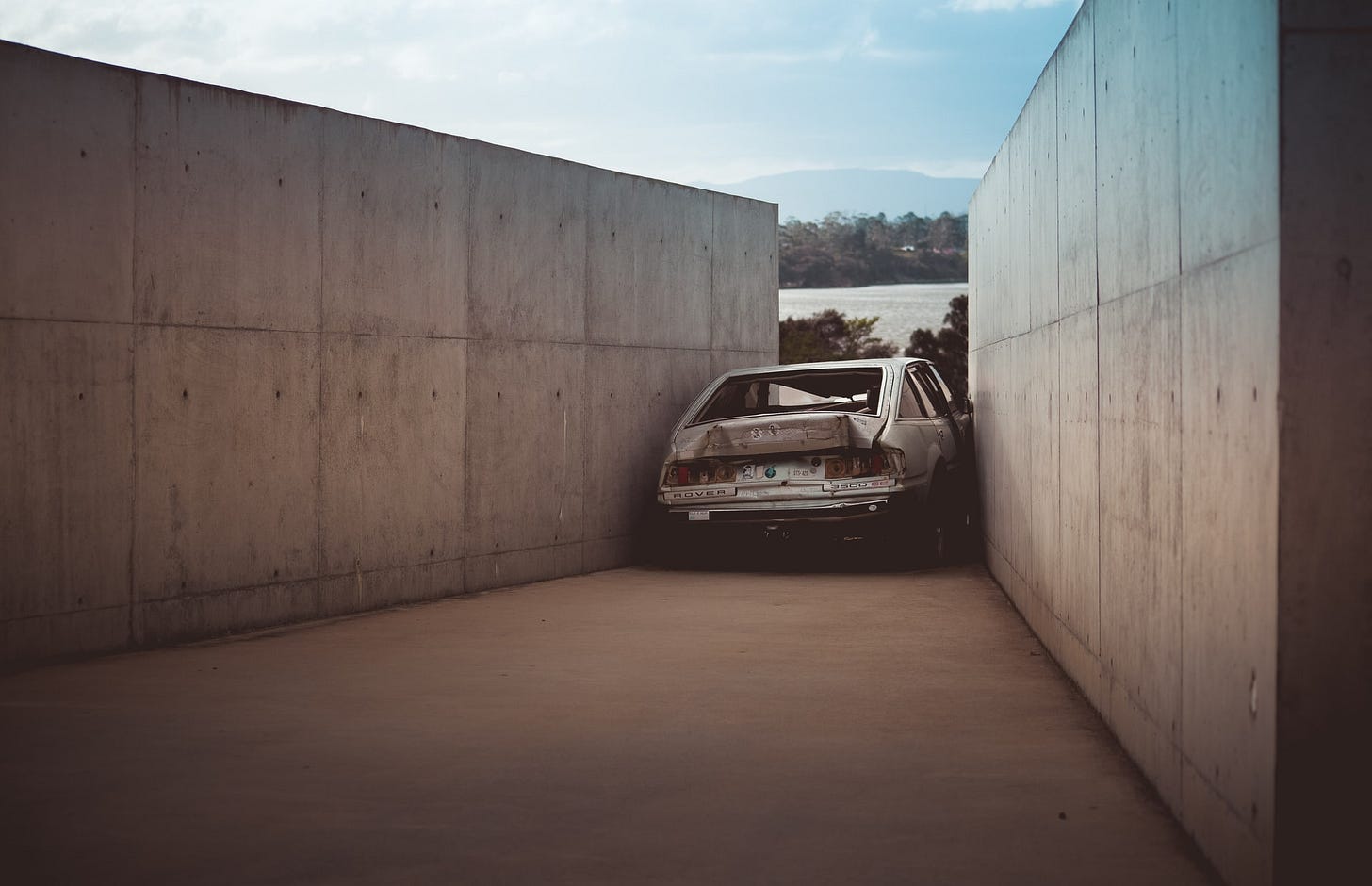Constrained "free will"
we want to be "free" yet restrained by our emotions
This is in continuation of yesterday’s post on “Free Will”. Here are some things that influence our free will when we make choices.
Definitions:
“Free will” is defined as the ability to choose between different possible courses of action unimpeded.
Our engineering and social engineering - we are randomly engineered - and this starts with our DNA; time, and location of birth as primary infrastructure. From there we are engineered by what we learn and what we are exposed to.
Our learnings, skills, competencies, knowledge - everything in our past contribute to our response. Randomly built up over time we are individually engineered based on these exposures. These are accretive and become part of us and help us take a stand with our values, beliefs, decisions, and action.
Random but repetitive exposure and patterns - these have influence too. Like the time of the day or night - the immediate people that we are close and exposed to often enough - the circles that we are in, etc., etc. Repetition has relevance and strength. Recentness also has relevance over past distant unrepeated memories.
The current random environment - the elements that interact while the decision making is going on at the point in time of that decision making. This includes the emotions that one exhibits at that time - the fight, flight, or give-up response and one’s tolerance to handling fear or anxiety by either giving up to it or by overcoming it at the point of decision making.
So, I would argue that…
…“free will” is at the intersection of one’s ability to choose between different possible courses of action unimpeded and the constraints from one’s immediate tolerance to handle their various emotions (positive and negative) as part of that response.
.
.
.
Resources:


